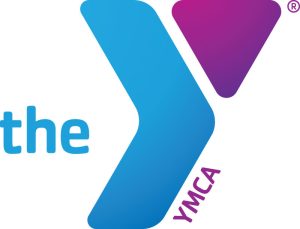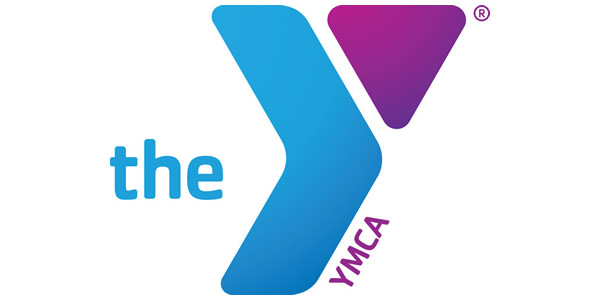Seniors have some special dietary requirements and problems but they also share many of the same needs and problems of the general population. One of those problems is the lack of sufficient fiber in senior diets. Americans in general get less than one half of the recommended daily allowance of fiber (38 grams for adult men and 25 for women) and seniors are in the same boat.
The situation may be worse for seniors because fiber is believed to be important for preventing some of the chronic diseases that are more common in older people. Type-2 diabetes, heart disease and intestinal disorders and obesity are medical conditions that are more common in older patients; all of them may be related in some way to diets that are low in fiber. As we age, it makes good sense to pay particular attention to the need for this important nutrient.
One source of misinformation about fiber stems from the fact that fiber is a form of carbohydrate, although it is much different from sugars and starches (also carbohydrates). Low-carb diets have become very popular, and their advocates recommend that people avoid consuming carbohydrates as a way of losing weight. While cutting down on sugar and starch may be a very good idea, eliminating fiber from your diet is not.
Although fiber is a form of carbohydrate, it is not as dense in calories as sugars or starches, and it is processed in a very different way. Many people have heard fiber referred to as ‘bulk’ because insoluble fiber increases the movement of material through the digestive tract and increases a person’s stool bulk. This fact has led some people to think that high fiber diets are always associated with flatulence (excessive intestinal gas) and cramping. A sudden increase in fiber consumption may produce these symptoms at first, but they usually disappear rapidly.
Meanwhile, increasing fiber consumption even for a short time has been shown to reduce blood sugar and insulin levels. We do not want to become too technical in a website that is aimed at seniors, not their doctors, but controlling blood sugar and insulin levels is extremely important in seniors. There is literally an epidemic of type-2 diabetes developing in the United States and other western nations. This dramatic increase in the number of patients with diabetes is related directly to diets that are high in sugar and starch while usually low in fiber.
Fiber in the diet became a much discussed topic five decades ago when medical epidemiologists noted that diseases like high blood pressure, heart attacks and diabetes were very uncommon in Africa, even in people who were older. The main difference in diet patterns was the high intake of fiber and low intake of refined carbohydrates in the African population. Since then numerous claims have been made for high-fiber diets, some of them well documented ant others less so. However, if you ask your doctor about high-fiber diets, he or she is very likely to recommend them.
Simply put, dietary fiber consists of nondigestible carbohydrates that are intrinsic in plants. Good sources of fiber include foods like beans, whole grains, brown (not white) rice and even popcorn. Ironically, foods that are high in fiber and better for your health are often less costly than processed, refined food. OurSeniors.net wants each of its readers, viewers and all of its friends to live long and healthy lives. A high-fiber diet is one important way to accomplish that objective.
 It is the start of a New Year, so right now is a good time to resolve to begin a healthier diet and exercise program in your life. One of the OurSeniors.net partners that can be a great help in this is the YMCA of Volusia and Flagler County organization. Like all “Y’s,” the Volusia-Flagler YMCA offers numerous exercise options, many especially suited to seniors. Click Volusia Flagler Family YMCA to find out more. You can contact them by phone at one of their six branches by using these numbers
It is the start of a New Year, so right now is a good time to resolve to begin a healthier diet and exercise program in your life. One of the OurSeniors.net partners that can be a great help in this is the YMCA of Volusia and Flagler County organization. Like all “Y’s,” the Volusia-Flagler YMCA offers numerous exercise options, many especially suited to seniors. Click Volusia Flagler Family YMCA to find out more. You can contact them by phone at one of their six branches by using these numbers
- 386-532-9622 for the Deltona, Ormond Beach, Port Orange or Edgewater YMCA Branch.
- 386-736-6000 for the Deland YMCA Branch.
- 386-253-5675 for the Holly Hill YMCA Branch
For any senior-related problem or concern, you can contact an OurSeniors.net Advisor by phone at 866-333-2657 (se habla Español), or by using Contact Us. Check out our website at Ourseniors.net and take an online look at our senior living magazine, OurSeniors.net Magazine. You can view the entire OurSeniors.net Directory of Approved Vendors.
Have a great day!

